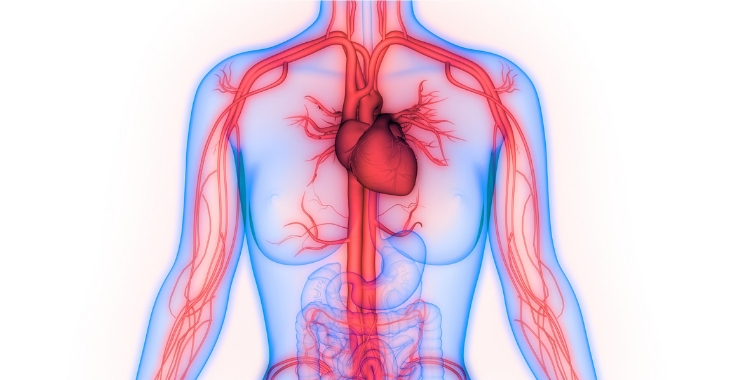Hypertension: The Silent Killer
One of the most dangerous health risks is often the most passive in its symptom. Hypertension or high blood pressure is often called “the silent killer” since it can be present without any outward symptoms. However silent, hypertension is certainly deadly, being a lead factor in stroke, heart attacks, congestive heart failure and many other serious health issues.
It is estimated that approximately one-third of adults 20-years of age or older have hypertension. Blood pressure is high when it is measured at 140/90 mm/HG. While blood pressure can fluctuate, when a person has readings above the norm for extended periods of time, it can begin to affect many different systems in the body. Not only is it a major factor in cardiovascular health, it can have negative impacts on other areas of your body, including:
- Kidneys
- Lungs
- Erectile function
- Brain and memory function
- Vision
Hypertension can be a symptom caused by other diseases such as kidney disease, but it often a primary medical condition that leads to other health problems. Yet by itself, it does not normally have symptoms of its own. A person can have high blood pressure that is causing damage to arteries, kidneys and their heart without knowing they are at risk.
It is important to monitor your blood pressure and seek treatment if you have a consistent reading above 140 systolic or above 90 diastolic. If you have numbers above 180 systolic (top) or 110 diastolic (bottom), seek immediate medical attention. For ongoing treatment, a cardiovascular specialist can help you determine the best options to lower your blood pressure to minimize your risk of health issues from hypertension.
Posted on behalf of:
Corrielus Cardiology
7452 Ogontz Avenue
Philadelphia, PA 19138
(215) 383-5900
The information provided on this website, including text, graphics, images, and other materials, is intended solely for informational purposes and should not be used as a substitute for professional medical advice, diagnosis, or treatment.

)